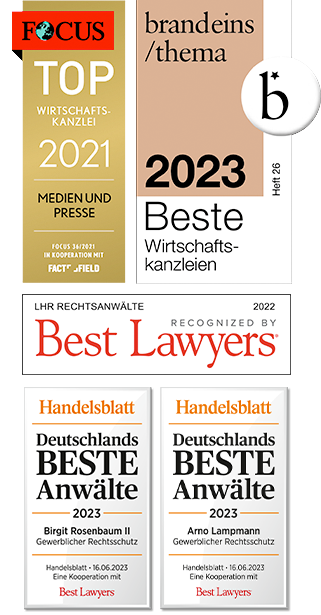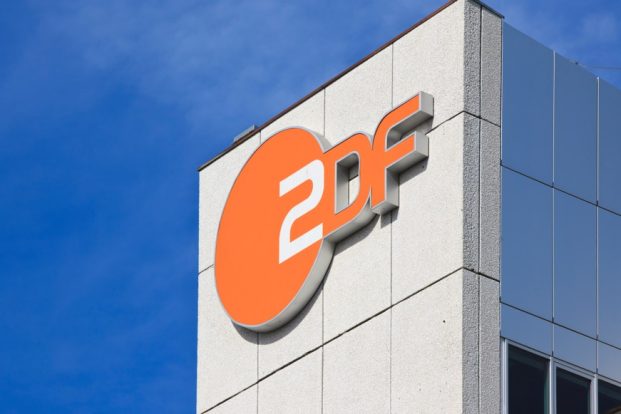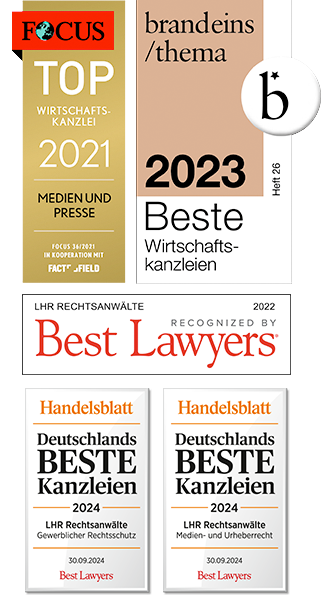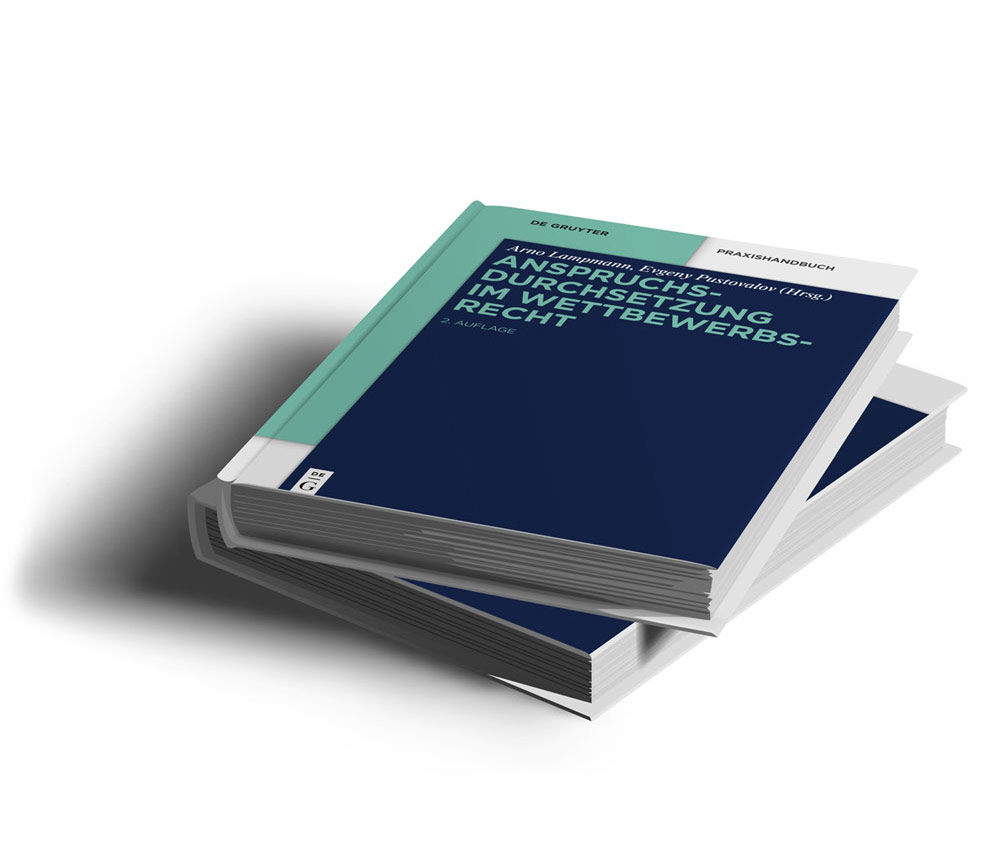Frankfurt Regional Court issues three preliminary injunctions against two ‘influencers’ in Dubai and against YouTube

Reaction videos: Education or advertising?
The ‘reaction video’ is particularly popular. The advantage of this is not only that you don’t need your own ideas or content. You simply take these from the sometimes elaborate productions of the person concerned. You can also present yourself to your fans as a critical voice and helping hand. Sometimes you can also use this vehicle to offer your followers more or less helpful paid services.
Millions of German viewers, based abroad
Some of them have a considerable number of followers on YouTube, which can reach six figures. Very few of them are based in Germany or at least in other European countries. In this respect, the ‘little ones’ are only imitating the ‘big ones’: virtually none of the top internet companies are based in Germany. However, even providers with a German ‘legal notice’ are often not actually available because they hide behind ‘advertising agencies’ that do not specify a legal form, let alone a personally responsible person.
We reported on the case of an ‘opinion blogger’ here: LHR obtains injunction against ‘opinion blogger’
Frankfurt Regional Court bans ‘criticism’ video three times over
The Frankfurt Regional Court has recently issued three temporary injunctions in favour of a management consultant on the subject of remote work against an influencer and a former client based in Dubai as well as against YouTube. This prohibits them from spreading unfounded allegations of fraud in YouTube videos. The bans were based on unfair disparagement and misleading behaviour.
There is no free lunch
The ‘influencer’ and the applicants’ former customer had jointly produced a video, which the former had published on his YouTube channel and in which they accused the applicants of scamming their customers without having any evidence of this. However, the video not only contained unfounded accusations. As is so often the case, it was not intended to selflessly educate viewers, but merely as an excuse to present their own paid services. The ‘influencer’ and his accomplice happened to be offering advice on travelling and emigration themselves.
Value in dispute € 100,000, € 70,000 and € 25,000, fine of up to € 250,000
The Frankfurt Regional Court has set the amount in dispute at € 100,000 for the main offender, € 70,000 for the former customer and € 25,000 for YouTube as the disruptive party. In the event of non-compliance, the offenders face a fine of up to € 250,000, or alternatively up to 6 months’ imprisonment. Two decisions are not yet legally binding or final. The opposing party may appeal. YouTube has issued a final declaration and recognised the interim injunction as a final settlement.
Compensation for damages
In addition to the injunction, the two ‘influencers’ naturally also owe damages, which are likely to exceed the court and legal costs of around €10,000 to date.
A seat in Dubai does not help
Many people believe that a domicile abroad not only means tax freedom (which is often not true), but also that you are otherwise not accessible to the German (legal) state. This approach only makes sense if you do not intend to return to Germany at some point.
But even those who think they are safe in view of the ‘idiosyncratic’ view of the rule of law in Dubai according to our Western standards and the duration of any requests for legal assistance will be disappointed when they learn that German procedural law provides for public service of process in accordance with Sections 185 No. 3, 186 (1) ZPO in cases where service abroad would take so long that the creditor cannot reasonably be expected to accept it.
Public service
At the request of the applicants, the Frankfurt Regional Court has now ordered precisely such public service. The interim injunctions are now publicised by posting them on an official notice board, by publication in an official bulletin or in a newspaper. Service is deemed to have been effected on a specific date after publication.
(Disclosure: LHR represented the applicants).
UPDATE 3.1.2024
By order of 3 January 2024, the Regional Court of Frankfurt imposed a fine of €10,000 on YouTube (Google) (Regional Court of Frankfurt, order of 3 January 2024, ref. 2-03 O 569/23).
YouTube often responds to cancellation requests and bids with a ‘block’ for Germany. They are apparently of the opinion that this fulfils the obligation to cease and desist. However, this is not the case. This is not a blocking of the video in question in the sense that the video cannot be viewed in Germany or via German websites. Server would no longer be accessible. This means that ‘blocked’ videos can still be accessed regularly without any problems by changing the specified ‘location’ via the website on the desktop and in the mobile version. See exemplary screenshot:
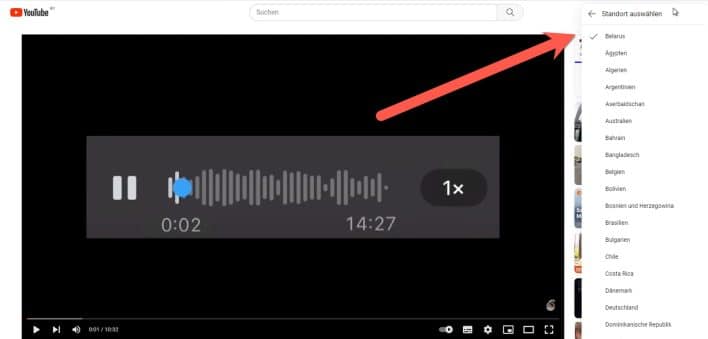
The regional court had the following to say about this in the current ruling:
However, the mere blocking in the country version does not sufficiently fulfil the implementation of the ban on publishing certain content in Germany. This is because the user can change the location to any other country with just a few clicks in the settings on the debtor’s website. The debtor does not check the accuracy of the user’s location information. Contrary to the debtor’s submission, changing the country version also does not require any special prior knowledge; this is possible – as is known in court – with just a few clicks in the YouTube app or via the web browser.
We have already pointed out the inadequacy of such an approach here:
Frankfurt Regional Court: YouTube must delete influencer video with voice message
We do not yet know whether Google has lodged an appeal against this or whether this decision is legally binding.
